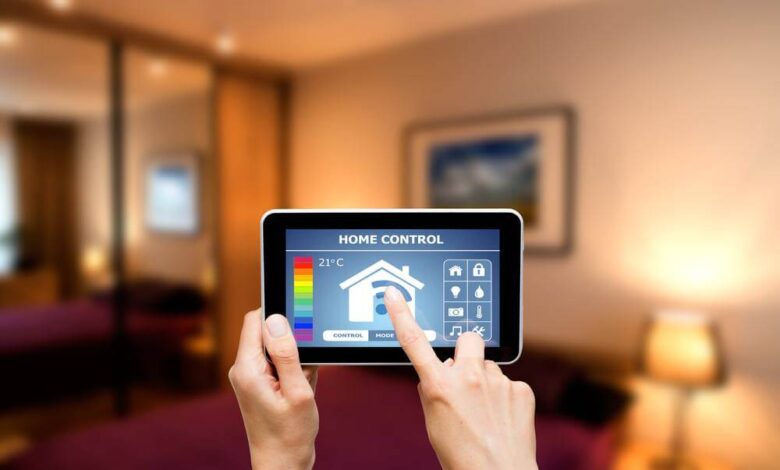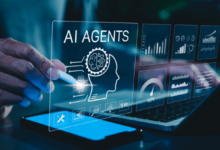The Future of Home Automation: Exploring Smart Homes

Introduction:
As we navigate the digital age, the landscape of home living is undergoing a profound transformation. The concept of smart homes, fueled by innovative technologies and interconnected devices, is redefining the way we interact with our living spaces. In this blog, we delve into the future of home automation, exploring the exciting possibilities that smart homes bring to the forefront of modern living.
Integration of Artificial Intelligence (AI):
The future of smart homes lies in the seamless integration of artificial intelligence (AI). As AI technology continues to advance, smart homes will become more intuitive and adaptive, learning from occupants’ habits and preferences. AI-driven systems will anticipate needs, optimize energy usage, and enhance overall efficiency. Imagine a home that adjusts its lighting, temperature, and security based on your daily routines, creating a personalized and responsive living environment.
Expanding Internet of Things (IoT) Ecosystem:
The Internet of Things (IoT) is the backbone of smart home automation, and its ecosystem is set to expand exponentially. In the future, a myriad of devices, from appliances to wearable tech, will be seamlessly interconnected. This interconnectedness enables devices to communicate and collaborate, creating a holistic and integrated smart home experience. For example, your smart thermostat may communicate with your fitness tracker to optimize climate control based on your activity levels.
Voice and Gesture Control Domination:
The dominance of voice and gesture control in smart homes is a trend that is poised to grow. Voice-activated virtual assistants, like Amazon’s Alexa and Google Assistant, have become central to smart home setups, allowing users to control devices with simple vocal commands. Gesture control adds an additional layer, enabling touchless interaction with devices. The future holds the promise of more sophisticated voice and gesture recognition technologies, making smart homes even more accessible and user-friendly.
Energy Efficiency and Sustainability:
The future of smart homes aligns closely with a commitment to energy efficiency and sustainability. Smart home systems will play a pivotal role in optimizing energy consumption, reducing waste, and incorporating renewable energy sources. From smart lighting that adjusts based on natural light conditions to energy-efficient appliances and advanced climate control systems, smart homes will be designed to minimize environmental impact while providing comfort and convenience.
Read also: What Makes Technical Masterminds App Games Unique?
Enhanced Security and Privacy Measures:
With the increasing integration of smart devices, the future of home automation will prioritize enhanced security and privacy measures. Advanced encryption, biometric authentication, and secure communication protocols will be integral to safeguarding smart homes against potential cyber threats. Furthermore, as smart homes collect more data, robust privacy features will be implemented to ensure that user information remains confidential and protected.
Conclusion:
In conclusion, the future of home automation is a thrilling journey into a realm of possibilities that promise to revolutionize how we live. The integration of AI, the expansion of the IoT ecosystem, the dominance of voice and gesture control, the commitment to energy efficiency, and the emphasis on security and privacy measures are key highlights that will shape the smart homes of tomorrow. As technology continues to advance, smart homes will evolve from being convenient to becoming indispensable, seamlessly integrating into our lives and offering a level of customization and efficiency that was once the stuff of science fiction. The future is bright, interconnected, and smart. Embrace the evolution, and step into the era of homes that not only shelter us but also respond to our needs with intelligence and innovation.






